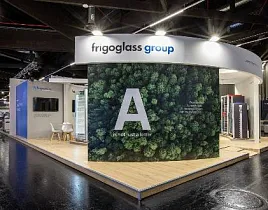
The guidance covers key areas of the revised Renewable Energy Directive, including heating and cooling, energy system integration, and renewable fuels of non-biological origin (RFNBOs). Additionally, a document focusing on heating and cooling aspects of the revised Energy Efficiency Directive has also been adopted.
Key Areas of Focus:
Heating and Cooling: The guidance explains the revised targets to increase the share of renewable energy in heating, cooling, and district heating, and introduces national benchmarks for 2030. It also elaborates on how to apply the definition of waste heat in the context of the directive.
Energy System Integration: The new rules promote flexibility in the energy system by integrating large shares of renewable electricity and encouraging electrification in transport and heating. The guidance addresses real-time information on renewable energy shares and greenhouse gas emissions for electricity, and obligations for battery and electric vehicle manufacturers regarding smart recharging systems.
RFNBOs: The guidance outlines the consumption targets for RFNBOs in industry and transport, providing clarity on the scope and calculation of these targets.
The guidance on the revised Energy Efficiency Directive covers how EU countries can identify efficient district heating and cooling systems and explains planning obligations for systems that do not meet efficiency criteria. It also addresses how to utilize excess heat from large facilities, such as industries and data centers, to improve energy efficiency.
These measures are essential for reducing greenhouse gas emissions in sectors where fossil fuels dominate, particularly in district heating and cooling. The guidance aims to accelerate the use of renewables and improve energy efficiency across the EU.

